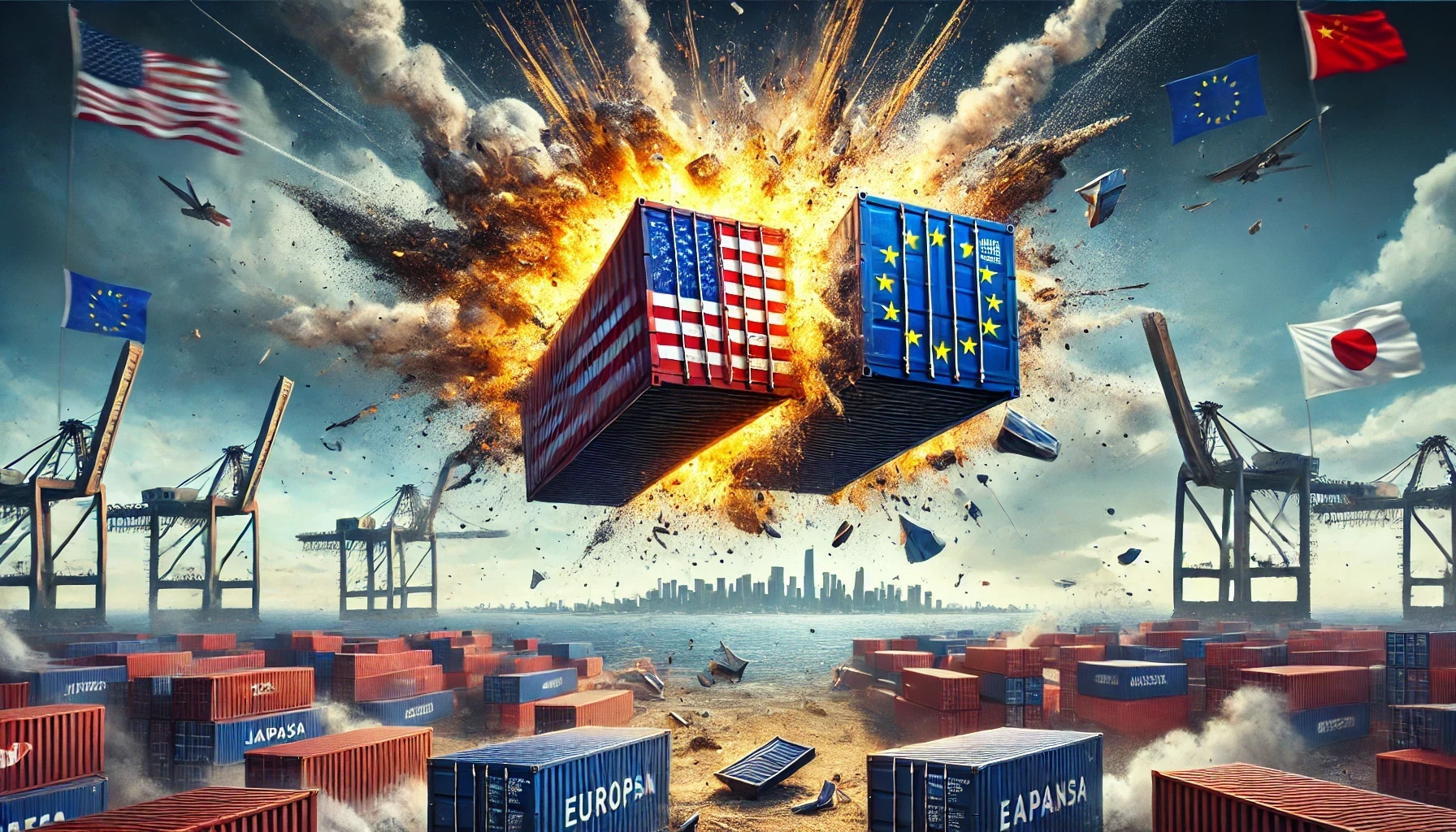
Sanctions have emerged as one of the most potent instruments of war in an era in which trade routes traverse the globe and economies are dependent on foreign markets—all without the need to fire a single shot. The world would not only observe military conflicts if a Third World War were to occur. It would be confronted with a rapid, extensive economic conflict in which the isolation of entire nations could be achieved through the use of technology, commodities, and financial systems.
**In the event of a global conflict, who is isolated, and what is the subsequent course of action?**
Strategic Weapons: Sanctions
Sanctions are no longer mere symbolic gestures. They are instruments of **economic strangulation**, designed to impede a nation’s capacity to finance its war endeavors, sustain industrial production, and provide for its populace. These tools would likely be deployed more comprehensively and at a quicker pace during WWIII than they have ever been.
Targets of governments and alliances would include:
* **Banking systems** * **Energy exports** * **Critical technologies** * **military supply chains** * **Food and medication imports**
WWIII could commence with a full-scale **sanctions blitz**, which would involve the freezing of assets, the severance of SWIFT access, and the barring of imports overnight, in contrast to previous conflicts in which trade disruption was a result of military action.
Potential Victims: Who is excluded?
1. **Countries with Significant Aggressive Activities**
Broad sanctions would almost certainly be implemented against the primary military aggressors. This encompasses restrictions on the export of:
* Energy technologies * Advanced semiconductors * Financial services * Consumer electronics
These countries may be unable to access international markets, which could result in an economic crisis and currency devaluation.
2. **Allied or Supporting Regimes**
Countries that provide logistical, political, or financial support to aggressors may be considered co-conspirators and subject to **secondary sanctions**, which would discourage them from publicly supporting their allies.
3. **Economies Dependent on Technology**
Nations that are profoundly ingrained in global technology supply chains, such as those that manufacture microchips, communication equipment, or critical software, may be sanctioned to restrict the flow of essential components.
4. **Nations that are neutral and engage in trade with both sides**
Even impartial nations may be ensnared in the crossfire. They are at risk of losing access to Western markets or financial systems if they continue to trade with sanctioned states. This pressure has the potential to render neutrality an economic impossibility.
Economic Collateral Damage: The Ripple Effects
Sanctions are never straightforward. In the event that substantial economies are isolated, the consequences are felt worldwide:
* **The cost of energy may increase**
Global supply could be significantly reduced, resulting in petroleum shortages and inflation, if major oil or gas exporters are sanctioned.
**Possible Collapse of Food Security in Fragile States**
Import-dependent nations may experience famine if their exports of fertilizer or grain are obstructed, whether as a result of military blockades or sanctions.
* **The Unraveling of Supply Chains**
Key minerals or components may be produced by a single sanctioned country. Disconnecting them could cause entire industries to grind to a halt over the world.
* **The Financial Markets May Experience a Crisis**
Banking systems on a global scale are intricately linked. Investor confidence and currency markets may be undermined by sanctioning central banks or withholding reserves.
Trade Realignment: A New Economic Order?
It is probable that the world would **reorganize into rival economic blocs** during a protracted conflict:
* **Western Bloc**: The U.S., EU, and allies, led by the United States, enforce strict financial and trade sanctions.
* **Eastern Bloc**: Potentially comprising China, Russia, Iran, and other nations that are constructing parallel systems for internet infrastructure, currency exchange, and commerce.
* **Neutral Middle**: Countries such as India, Brazil, and Turkey may attempt to negotiate both parties, providing alternative pathways for diplomacy and commerce.
As traditional global pathways fragment, the significance of new trade corridors, such as overland Eurasian routes or alliances like BRICS, may increase.
Is it possible for cryptocurrency to circumvent sanctions?
Decentralized finance and cryptocurrencies may provide sanctioned states with temporary solutions. Nevertheless, there is a possibility that significant exchanges and wallet providers may be compelled to adhere to international sanctions. Additionally, surveillance tools are complicating the process of conducting clandestine transactions on a large scale.
However, **state-run and peer-to-peer blockchain systems** may have a more significant impact on wartime commerce, particularly in economies that are more restricted.
Final Thoughts: Isolated, but Not Isolated?
Sanctions would be strategic, comprehensive, and rapid in the event of a Third World War. Not only would the objective be to punish, but it would also be to impair an adversary’s capacity to wage war by means of economic suffocation.
Nevertheless, the global economy is excessively interconnected, rendering it impossible to isolate its effects. The impact of one nation’s isolation is felt by numerous other nations. The genuine threat is not solely about the individuals who are sanctioned, but rather about the system’s ability to withstand the pressure of exclusion and retribution.
Ultimately, global trade may endure World War II; however, it will be **shattered, rebuilt, and profoundly transformed.**
Leave a Reply